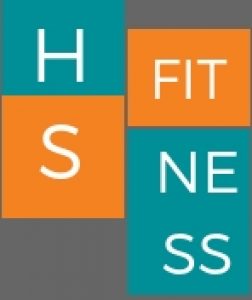Share a lesson you wish you had learned earlier in life.
Being healthy is not:
Being a certain weight
Being a certain size or shape
Being ripped / having defined visible muscle
Being able to run a distance in a certain time
Being able to lift really heavy weights
Eating really strictly
All these things can be a result of being healthy but in themselves they are not indicative off being healthy.
I know people who live incredibly disciplined lifestyles and look in great shape. They are undoubtedly fit. That doesn’t mean they are healthy.
You can be in great shape but have difficulty managing your training and beat yourself up if you don’t stick to your training schedule and feel like you must do a certain amount each day.
You can be in great shape but beat yourself up for eating certain foods or having some time off from your normal diet, or find yourself being careful on nights out to avoid causing damage to your fitness.
You can have an Instagram worthy routine and lifestyle and find yourself turning down social events because it would interrupt that.
Equally you can be a little bigger than you’d like and eat a more rounded diet and still be fit and healthy, and importantly healthy in more way than just one, because you know that not doing things perfectly doesn’t matter.
That’s not to say I think being overweight is healthy. If you don’t do any exercise and eat too much that is likely to lead to health problems and not be healthy.
We don’t have to live to an extreme though and a balance where we eat well and move (preferably in a way we enjoy) to allow us to feel good and enjoy life is probably the healthiest way to be.
